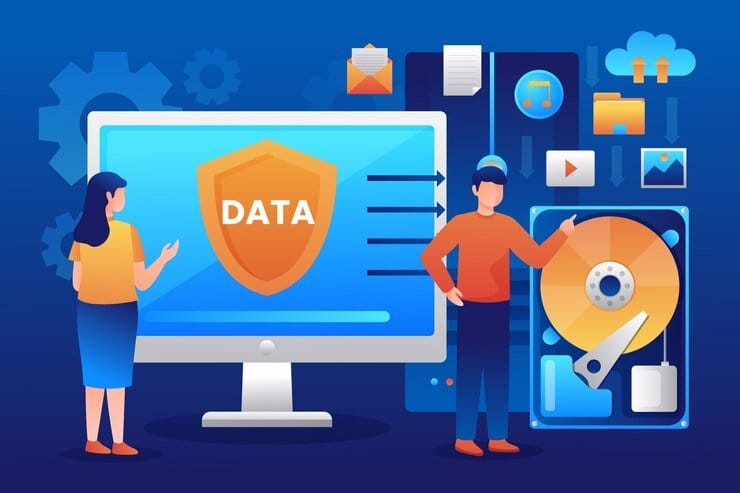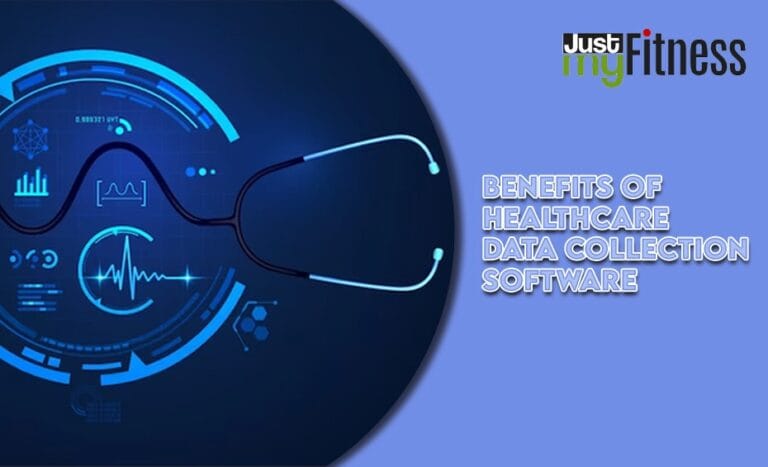The healthcare, technology has become a central component for transformation nowadays. Among the innovative innovations, healthcare data collection software stands out as a game-changer. EMR software is similar to EHR but is typically used within a single healthcare practice or clinic. It focuses on patient-specific data and is often integrated with other healthcare systems. Medical billing software simplifies billing by generating invoices, tracking payments, and managing insurance claims. Specialized data collection and capture software can be used for research studies, clinical trials, and surveys. These tools facilitate the collection of structured data from patients and research participants. In this post, we have explained the further benefits of healthcare data collection software.
Healthcare Data Collection Software Benefits:
In the under section, we have explained the benefits of healthcare data collection software:
1. All-in-one Data Collection
Gone are the days of difficult paperwork and manual data entry. Healthcare data collection software streamlines the process of gathering patient information. With intuitive interfaces and customizable forms, healthcare professionals can effortlessly collect accurate data. This saves time and minimizes the risk of errors, ensuring that the information is always up-to-date.
2. Higher Data Accuracy
One of the most significant advantages of healthcare data collection software is its ability to enhance data accuracy. Eliminating illegible handwriting and reducing data entry errors it ensures that patient records are reliable and error-free. This accuracy directly and positively impacts patient care and medical decision-making.

3. Empowering Patient Care
By granting access to de-identified patient data, healthcare data gathering software assists medical research and public health efforts. Researchers can use this information to investigate diseases, find risk factors, and create novel remedies. It also helps in monitoring and handling emergencies involving public health.
4. Strong Data Analysis
Collecting data is only the beginning; analyzing it is where the real value lies. Healthcare data collection software often includes advanced data analysis tools that help identify trends, monitor patient outcomes, and assess treatment efficacy. This data-driven approach enables healthcare organizations to make informed decisions and continuously enhance their services.
Read Also: The Role and Benefits of a Health Connector in Connecting to Healthcare Services
5. Enhanced Patient Engagement
Patients today take a more active role in their healthcare than ever before. Patient portals are a common feature of healthcare data collecting software packages, enabling users to view their medical records, make appointments, and connect with healthcare practitioners. As a result, patients feel more empowered and are motivated to actively manage their health.
6. Time and Cost Savings
By automating data collection and reducing administrative tasks, healthcare data collection software saves valuable time for healthcare professionals. This time saving translates into cost savings for healthcare organizations. Staff can focus on patient care, leading to increased efficiency and reduced operational expenses. Healthcare professionals may decrease readmission rates, cut down on errors, and more accurately pinpoint populations at risk by analyzing patient data.
7. Secure Data Storage

Patient data security is paramount in healthcare. Healthcare data collection software provides secure and encrypted storage for patient information, ensuring compliance with privacy regulations like HIPAA (the Health Insurance Portability and Accountability Act). This safeguards patient confidentiality and protects against data breaches.
8. Facilitating Telehealth Services
The advent of telehealth services has been accelerated by the COVID-19 pandemic. Healthcare data collection software plays a pivotal role in this transformation by enabling healthcare providers to access patient information remotely and it is vital technology. This ensures that telehealth consultations are seamless and effective, contributing to healthcare continuity during crises.
9. Empowering Research and Public Health Initiatives
By granting access to de-identified patient data, healthcare data gathering software assists medical research and public health efforts. This information can be used by researchers to investigate diseases, find risk factors, and create novel remedies. It also helps in monitoring and handling emergencies involving public health.
10. Scalability
Software for collecting healthcare data is very scalable, therefore it may be used by healthcare organizations of various sizes. Whether you manage a small clinic or a big hospital, you can alter the software to suit your unique requirements and develop it as your business does.
Improve Staffing
Data collection revolutionizing the way staffing is managed. With the ability to gather and analyze real-time data on patient admissions, discharges, and acuity levels, healthcare providers can make more informed staffing decisions. This software enables hospitals and clinics to allocate resources efficiently, ensuring that the right number of nurses, doctors, and support staff are available when and where they are needed most.
Final Verdicts
Healthcare data collection software is a revolutionary force in the healthcare industry. It increases data accuracy, enhances patient care, streamlines operations, and provides a plethora of advantages to both patients and healthcare providers. Healthcare data gathering software has the ability to completely change the healthcare industry and improve patient outcomes as technology develops. Accepting this technology is a big step towards a healthcare system that is more effective, patient-focused, and healthier.


